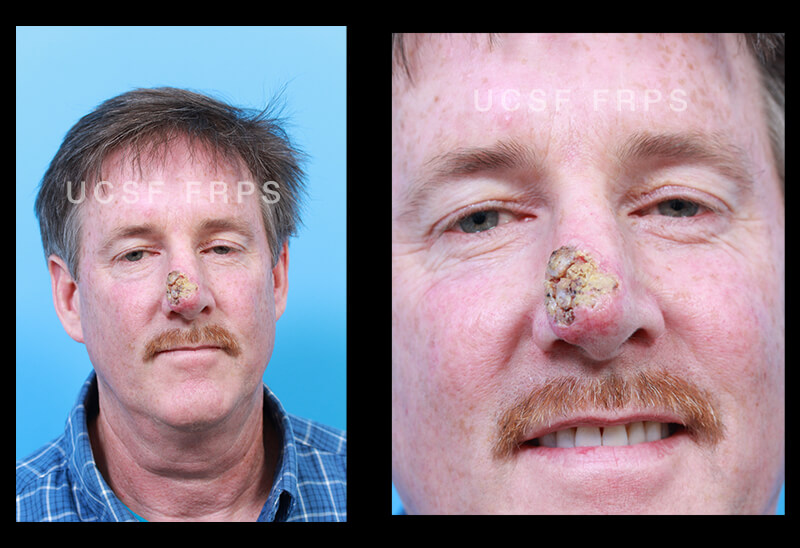
There are many treatments available for deviated septum. This problem can be treated with surgery or conservatively. Before you decide on a surgery, make sure to understand the risks and benefits. In some cases, you may need other types of repairs, such as a new septum.
Treatment options
It can be difficult to breathe if your septum is deviated. This condition can be treated with a variety of treatments. These treatments may help alleviate symptoms like stuffy nose, sinusitis, or delay surgery. Some of these treatments include taking decongestants, which are medications that help reduce nasal swelling. They can either be taken by mouth, or applied directly to your nasal cavity with a nasal spray.
A deviated septum can be treated without surgery if it's mild and causes no long-term complications. However, if it gets so severe that it interferes with breathing, surgical intervention is required. If other treatments fail, ENT doctors also know as otolaryngologists.
Surgery options
There are many surgical options that can correct a deviated nasal septum. These options can improve your breathing and reduce nasal congestion. One option is to repair the valve or reduce the turbinate. You may also have surgery to remove any polyps or to improve the function and health of your sinuses. Consider the risks and advantages of having surgery.

Surgical procedures will not fix all deviated septums, but if the deviated septum is causing chronic congestion or is interfering with breathing, it may be time to seek surgical treatment. A deviated septum may make your nose look unnatural and can cause you to feel self-conscious about how your nose looks. The septoplasty procedure can straighten the septum or correct other structural issues. Patients can return home the very same day, without any bruising.
Complications of surgery
Sinus infections can occur frequently if the septum is not straight. These infections can cause inflammation and irritation of the nasal passages. They can also lead to infections in the eyes or brain. If they are not treated, they can spread into brain tissue, leading to seizures and brain damage. In some cases, surgery may be required to correct the septum.
A deviated septum can cause complications. Even though the risks associated with such surgery are minimal, they can cause long-term problems. Symptoms can include bleeding, pain, and infection. To help with complications, some patients might need to consult a neurologist.
Allergy treatment
Doctors will diagnose deviated Septum based upon the symptoms and a physical exam of the nose and sinuses. To determine the cause, a doctor will ask questions about the symptoms and lifestyle of the patient. The doctor may also order a CT scan to examine the sinuses in order to determine the severity.
Patients may be able to reduce their symptoms by using allergy treatment for deviated sinusum. It may decrease the swelling and reduce congestion. But it will not solve the underlying problem.

Alternatives to surgery
Surgery is the most commonly performed way to correct a septum deviation. However, there are many other options. Endoscopic septoplasty offers a minimally invasive alternative for traditional surgery. The surgeon can see bone and cartilage clearly, making it easy to pinpoint the problem.
The procedure corrects the septum's deviation by straightening the nasal septum, and then reinserting it into your nose. The surgeon may need to cut and then re-insert the septum in order to achieve the proper alignment. This will allow for better nasal airflow. But patients should be aware that the results of this surgery may not be permanent, and other conditions may make the condition worse.